Citation
Ivan, Cristina; Chiru, Irena; Arcos, Rubén. A Whole of Society Intelligence Approach: Critical Reassessment of the Tools and Means Used to Counter Information Warfare in the Digital Age
. Intelligence & National Security Vol 36, no. 4 (2021): 495-511. DOI: 10.1080/02684527.2021.1893072.
Theory Explanation
This paper advances a whole of society intelligence approach based on a reevaluation of the definition of intelligence practices in the 21st century. It argues that a whole of society intelligence approach is needed in the 21st century, in which intelligence skills and practices in detecting, fact checking, and corroborating information, etc., will have to be built through education and translated to wider networks of knowledge across civil society. In trying to redefine critical intelligence practices, the authors focus on the cognitive processes pursued by the intelligence functions and applied to propaganda and disinformation, and, even more specifically, on how these cognitive processes and their attached social practices can be modeled through interaction into a whole of society framework, able to generate societal resilience to these significant threats. The rapid advance of digital technologies and communications highlights the weaknesses in our current institutional systems tasked with gathering intelligence. Because of this, they need to be de-reified and intelligence must be approached through multiple competing lenses. For example, advanced technologies could process large datasets in conjunction with sociological, psychological, and cultural analysis to understand the core drivers of disinformation. As this example suggests, the authors posit that a whole of society intelligence approach inclusive of various systems-level actors is needed to produce resilient citizens. societies at large need to embrace a broad range of knowledge generation processes, understand potential sources of risk and apply this understanding to enhance domestic and global security. This is difficult when institutions are reticent to cross over into policymaking and due to the shift in "mind-frame" it requires of citizens. The model proposed focuses on knowledge sharing, information integrity, the information ecosystem, and positive community policing. The article provides a figure outlining the model, a list of knowledge-oriented activities for countering disinformation, and a table detailing types of in-place initiatives set up by civil society and transnational organizations to combat fake news, as well as examples and/or illustrations of these initiative types.
Tags
Lever of Power: Information Lever of Power: Intelligence Operation: State Response to info ops threat/attack Response: General population of the state that is responding Geoscope: No geoscope UN Region: No specific geographic focus DOD Region: No specific geographic focus Type: Article Year: 2021
Research Background
- Research questions
- Can intelligence services that have been at the forefront in early detection and countering information operations in the 20th century retain their role? Do they need to reposition and change tactics? Whether and how can a change of paradigm be effected in an otherwise opaque and secret intelligence community, and how can intelligence practices be complemented by tactics that engage a far larger set of actors at community level?
- Hypotheses
- A whole of society intelligence approach to countering disinformation is more likely to emerge with changes in the management of digital technologies, intelligence organizations, intelligence practices, and societal resilience. (inferred)
Variables or Concepts
- Independent variables & concepts
- Digital technologies (inferred)
- Role of intelligence organizations (inferred)
- Critical Intelligence practices (inferred)
- Societal resistance and resilience to disinformation and propaganda, both internal and external (inferred)
- Dependent variables & concepts
- Whole of society intelligence approach
Methodologies
- Theory only
